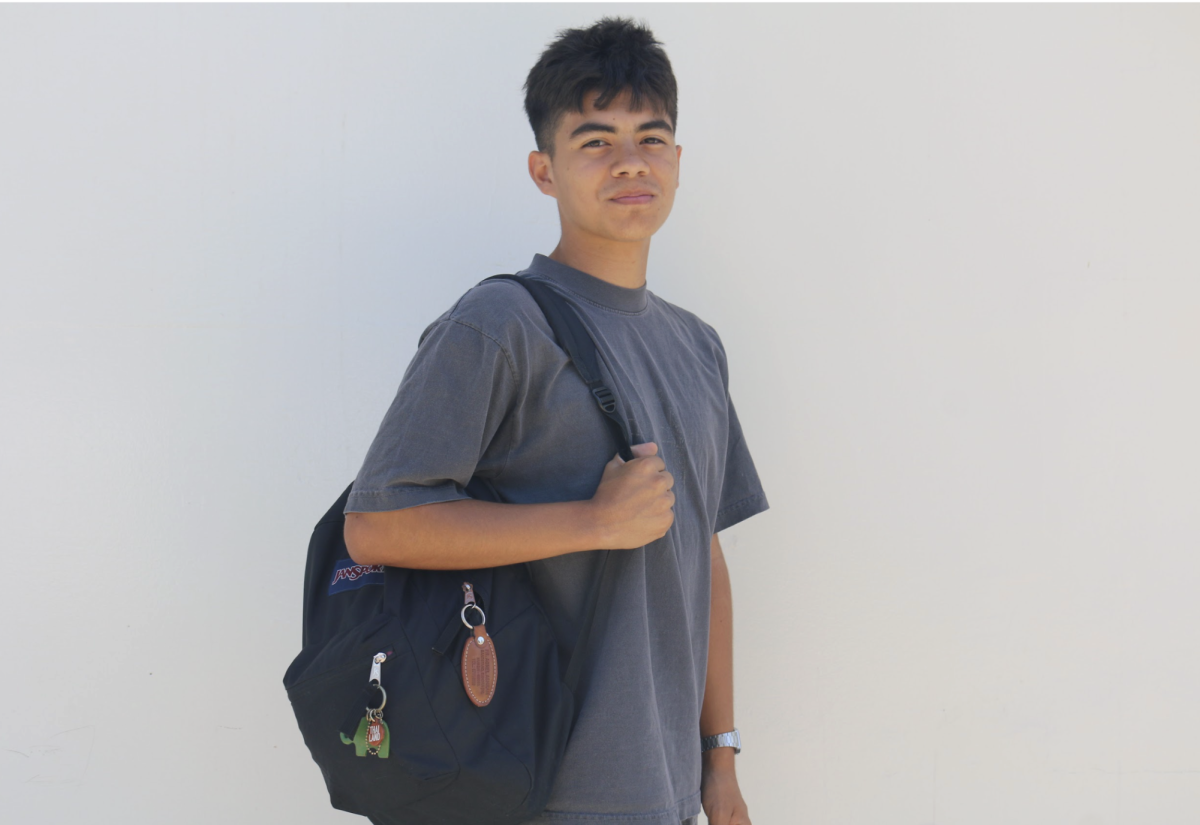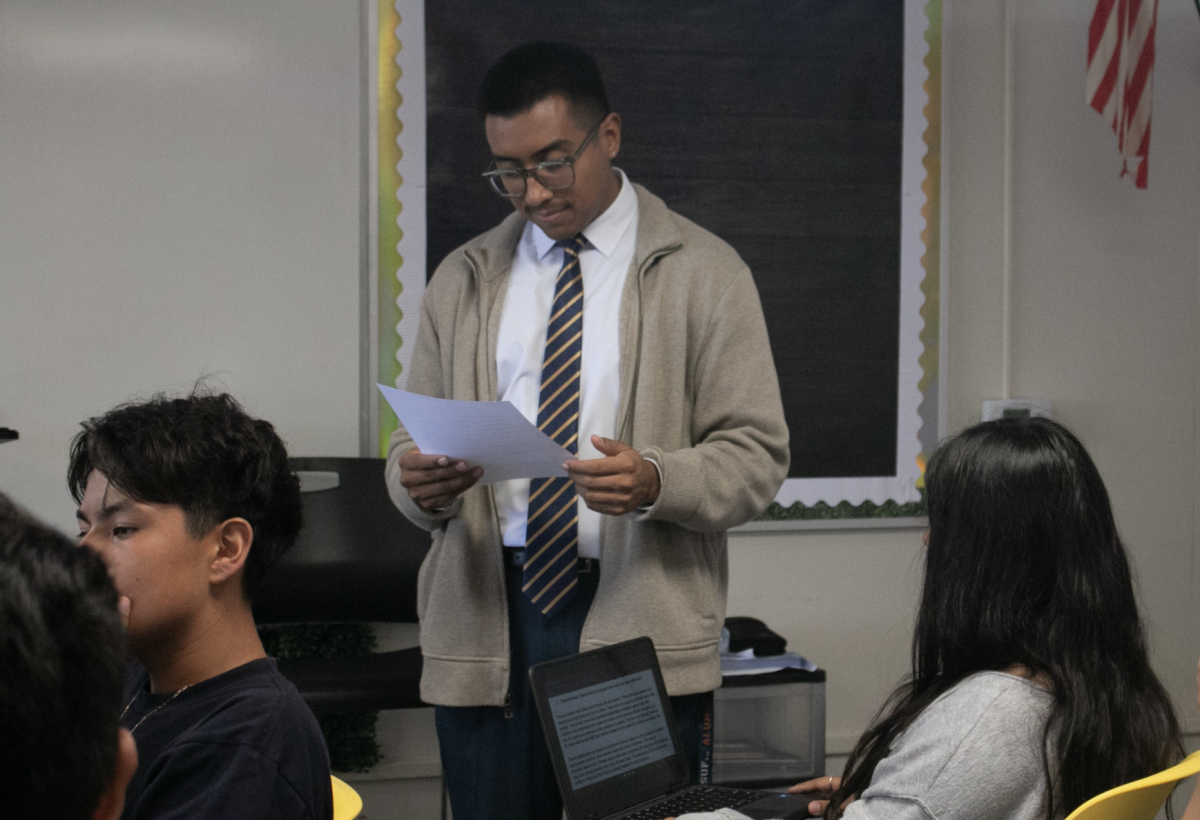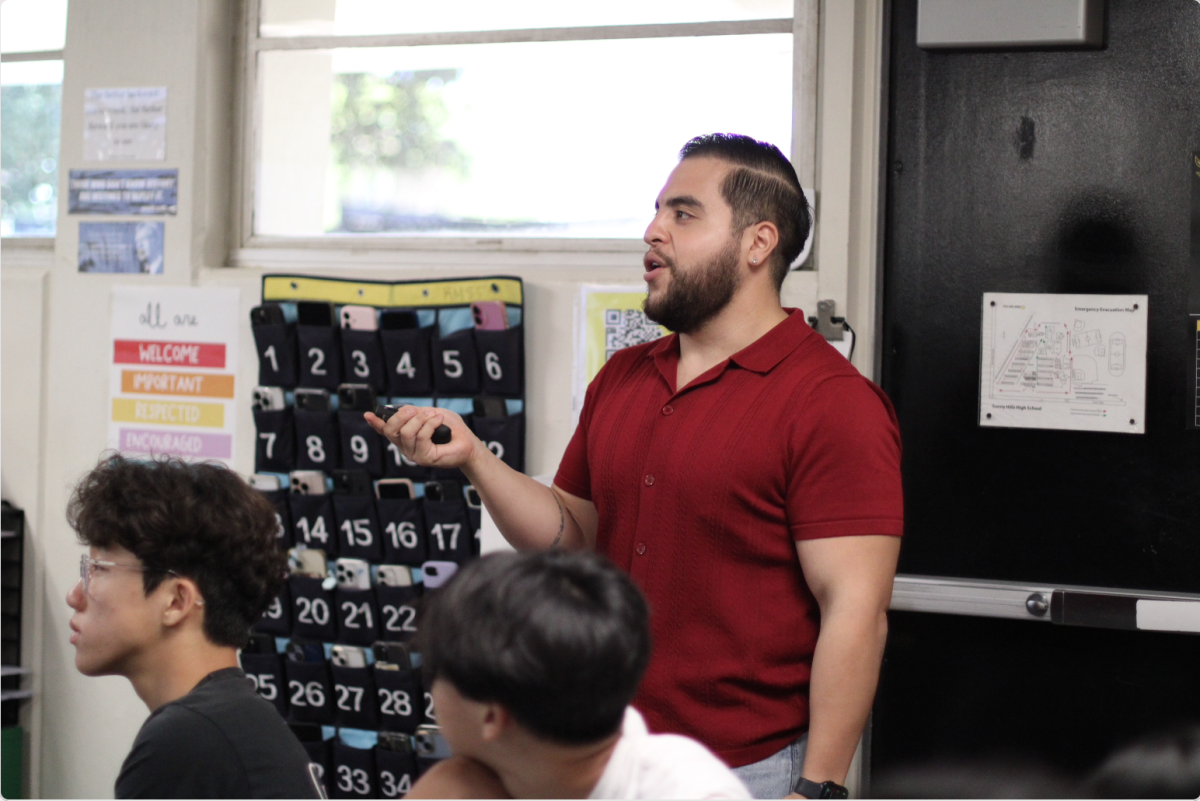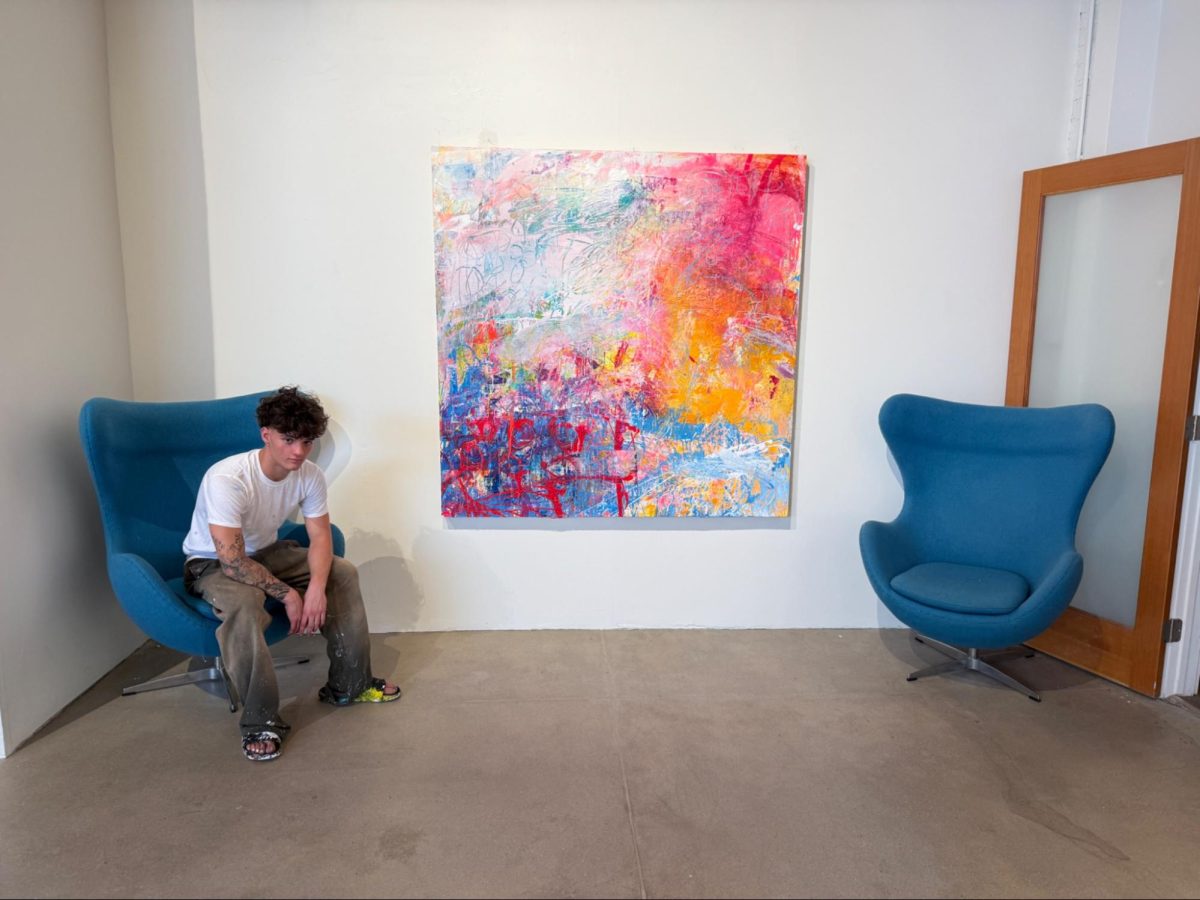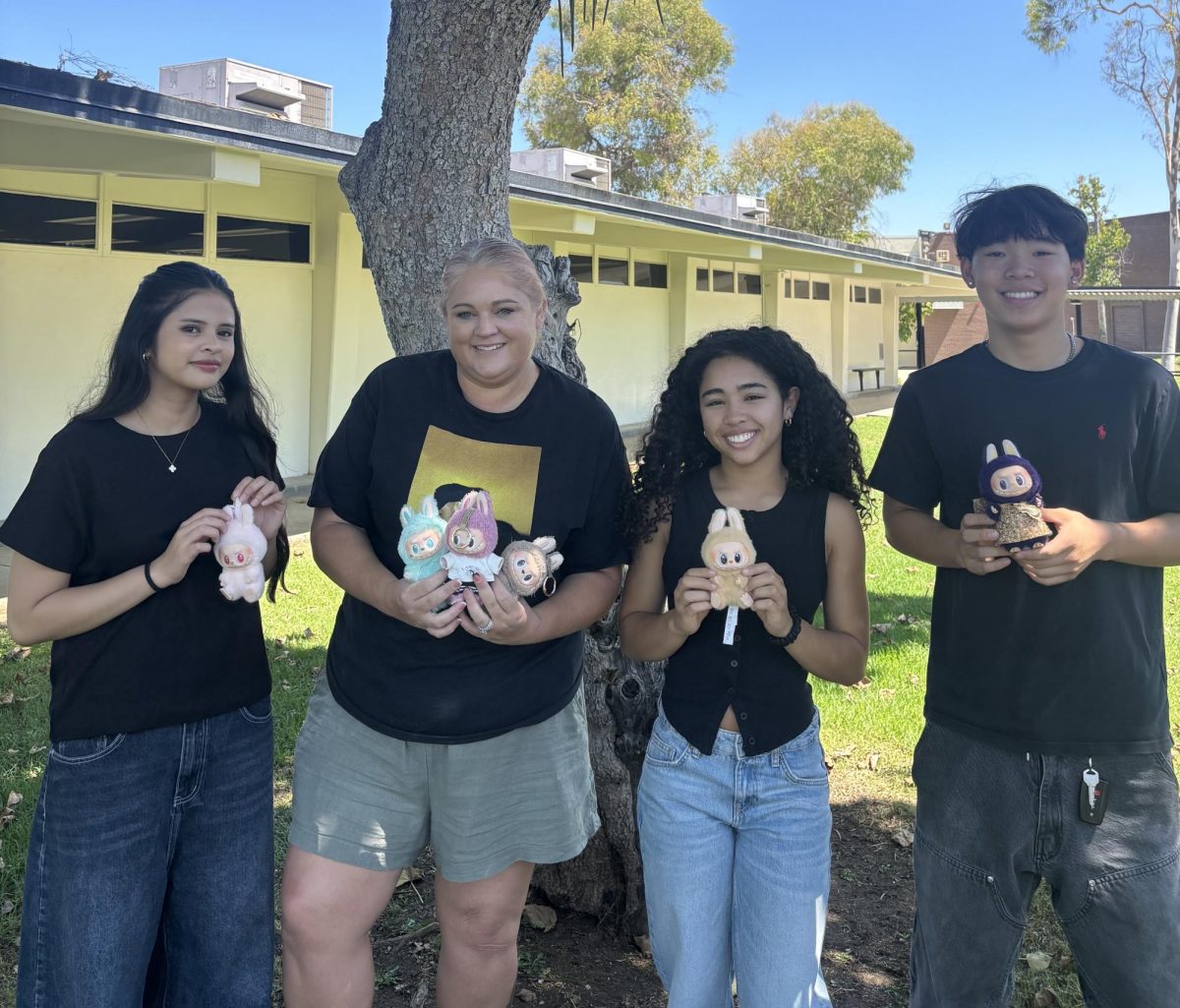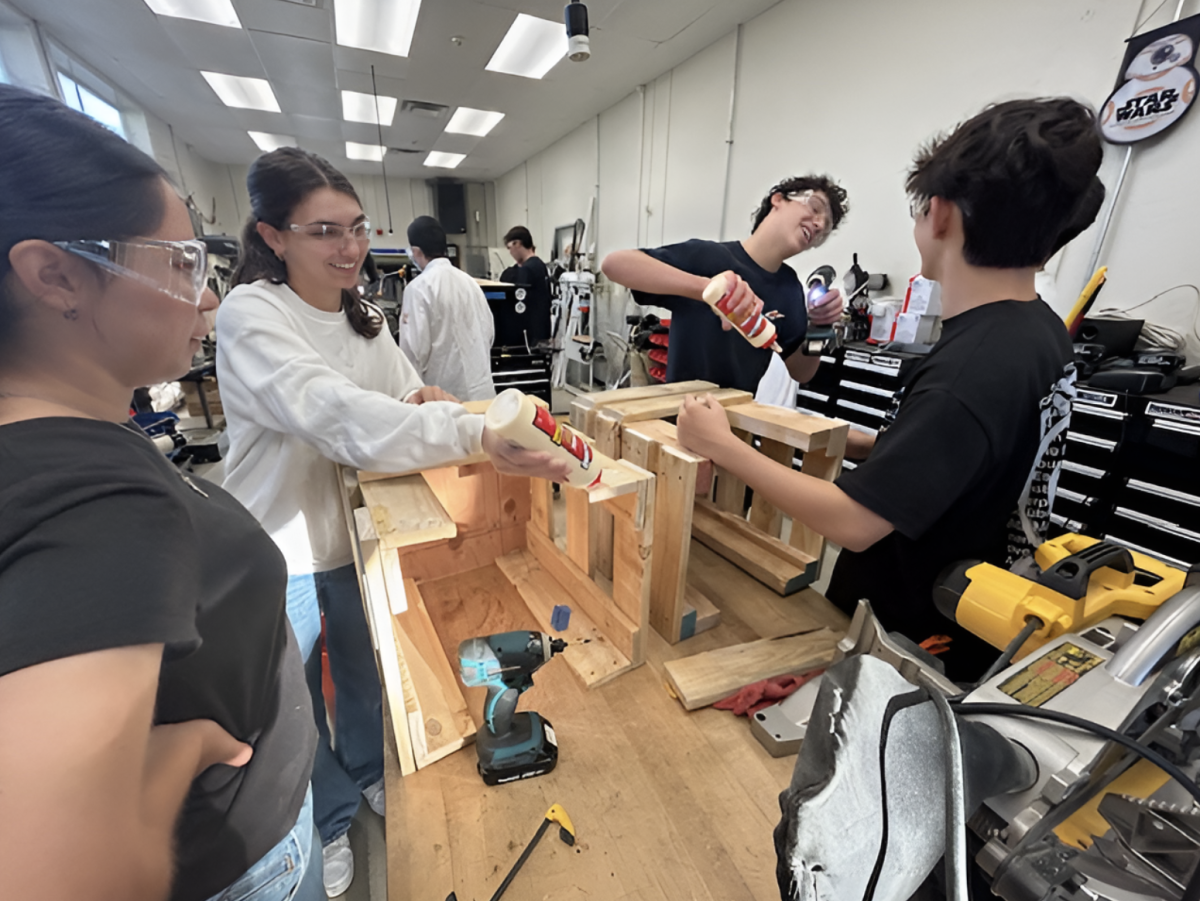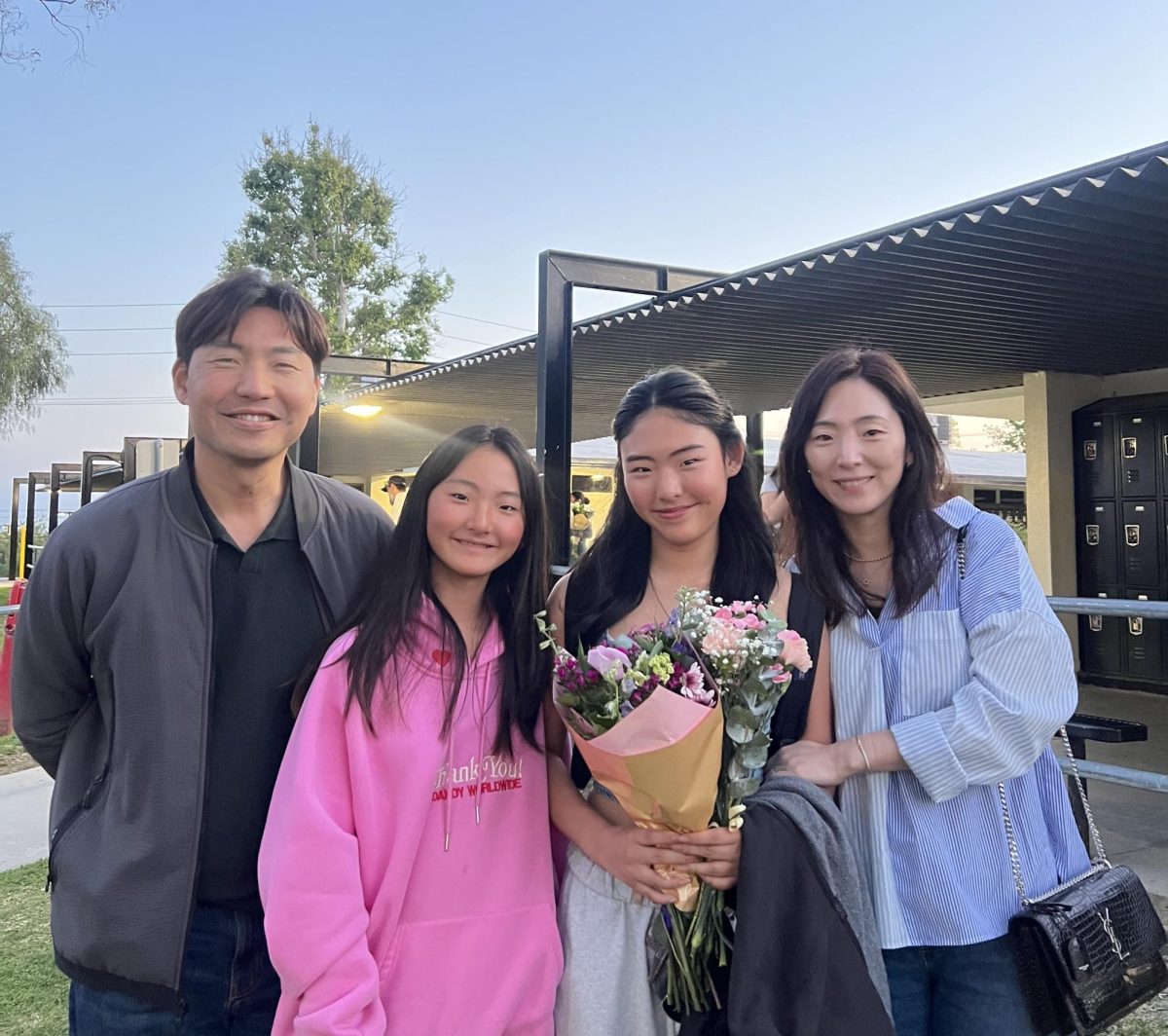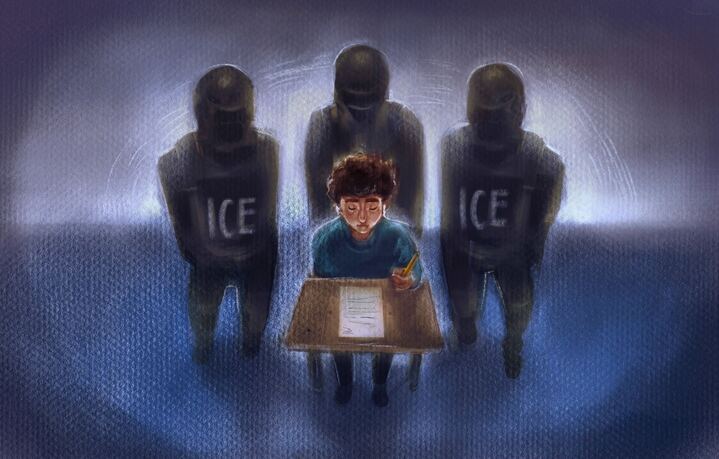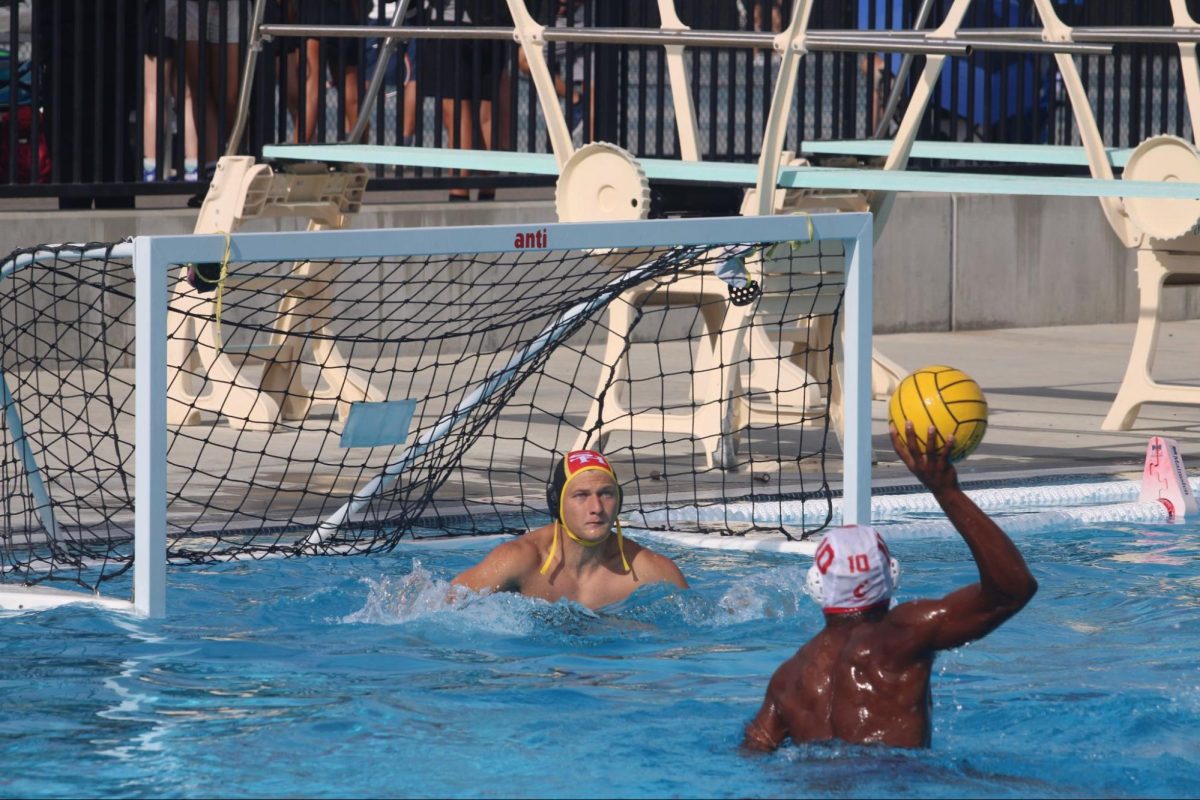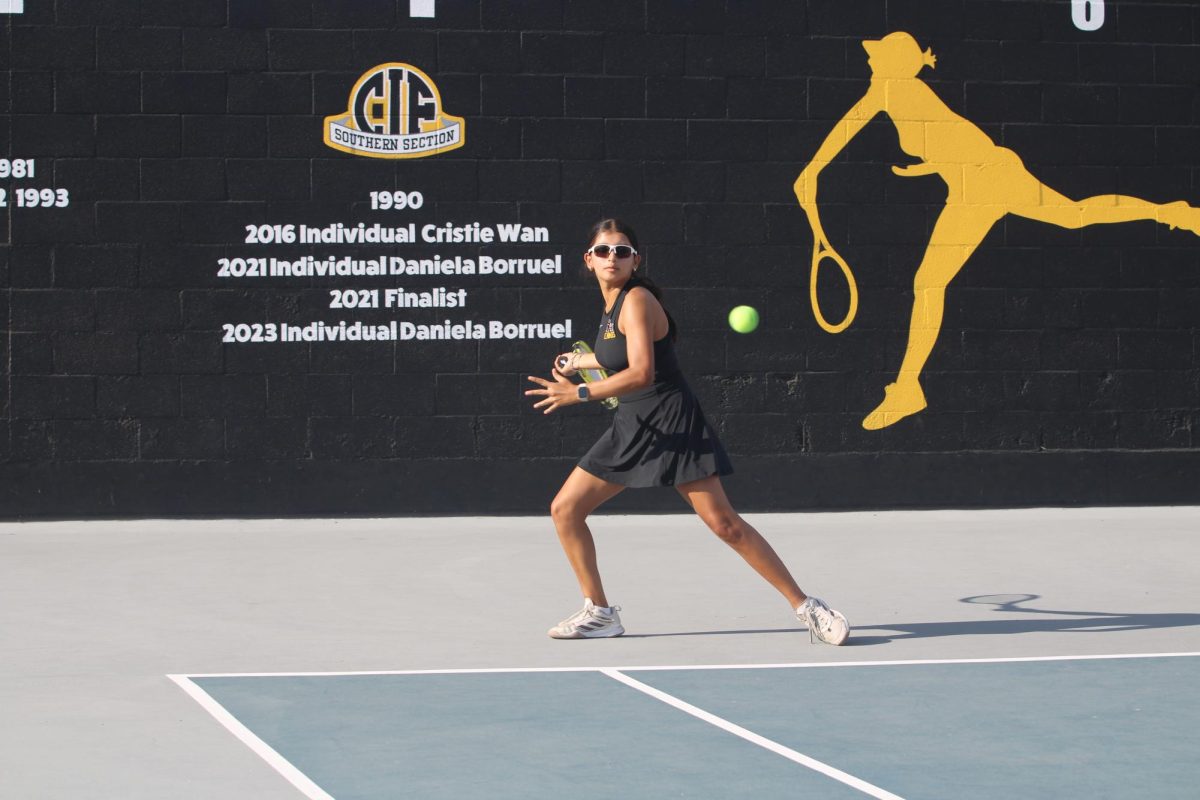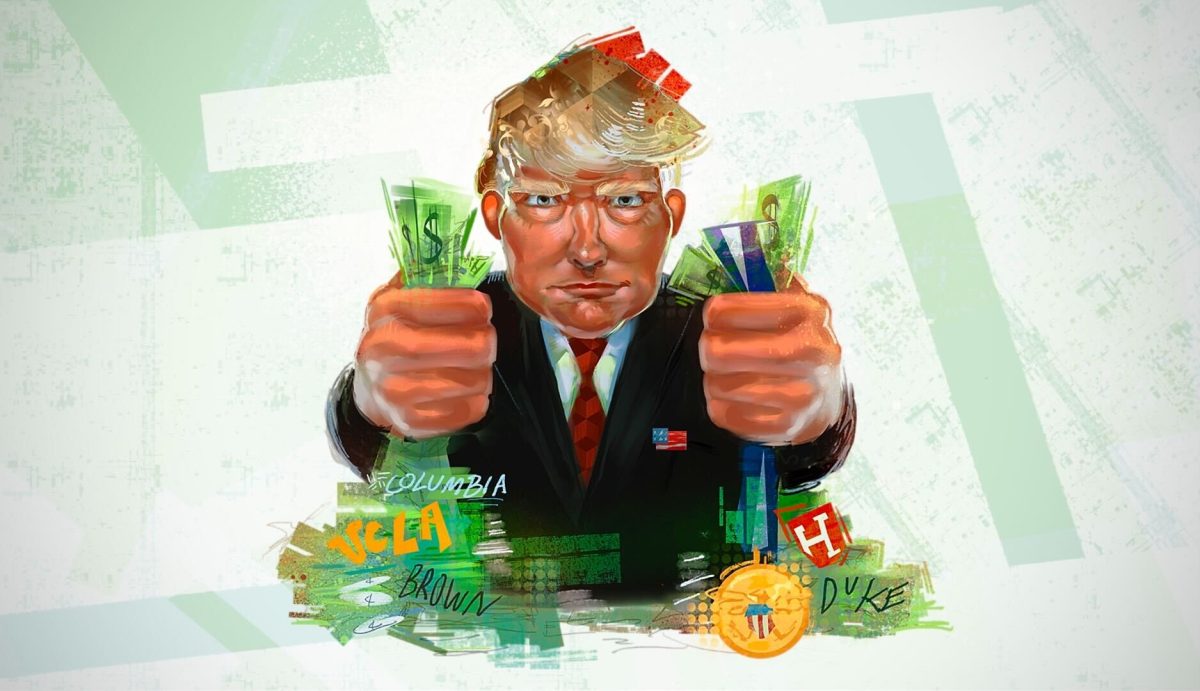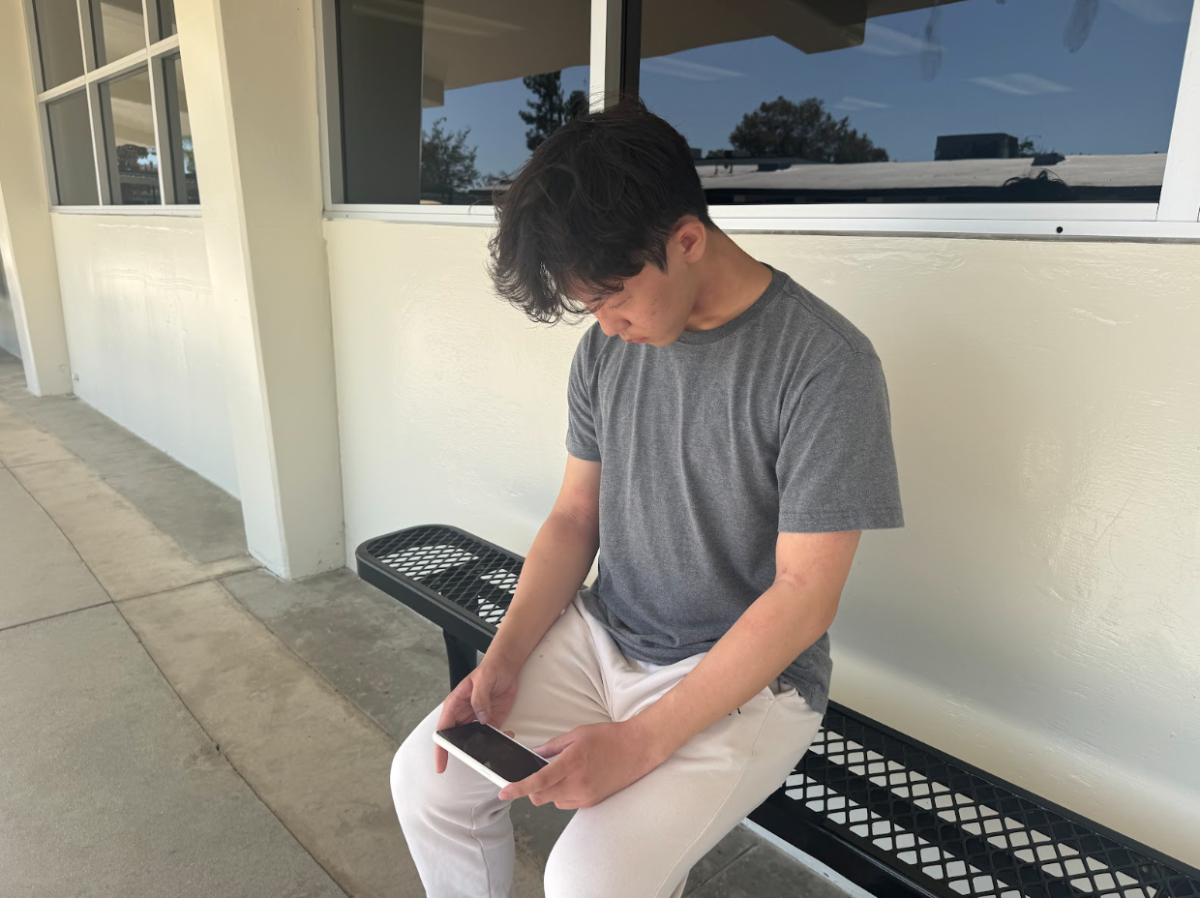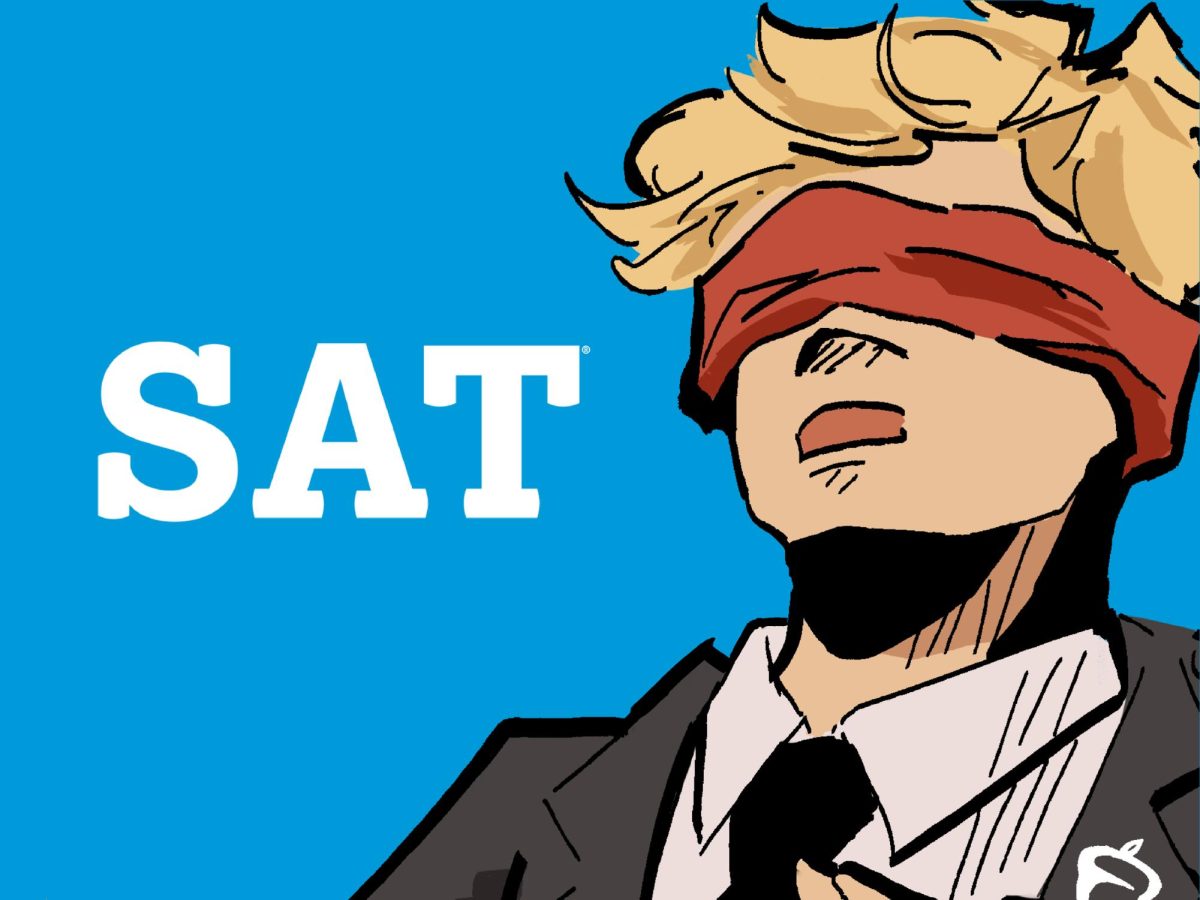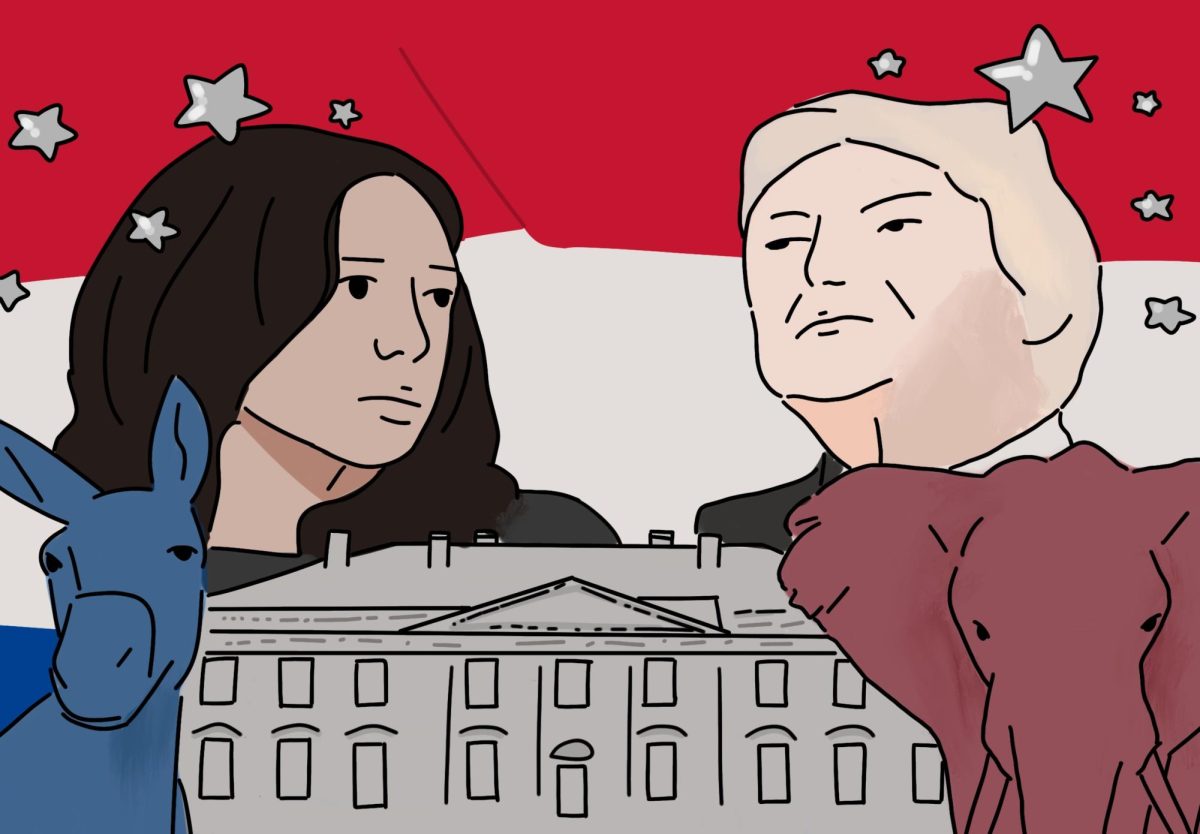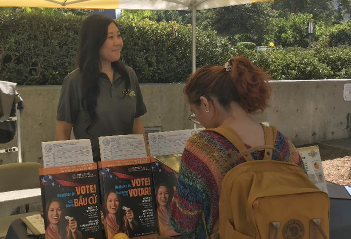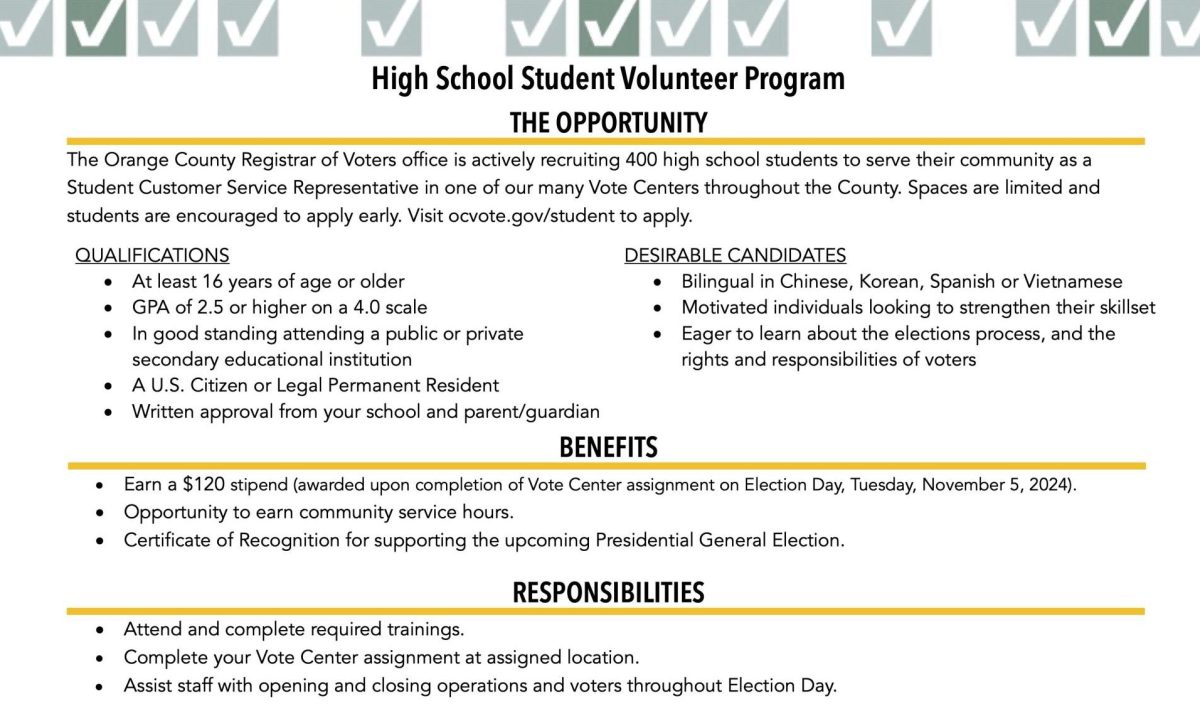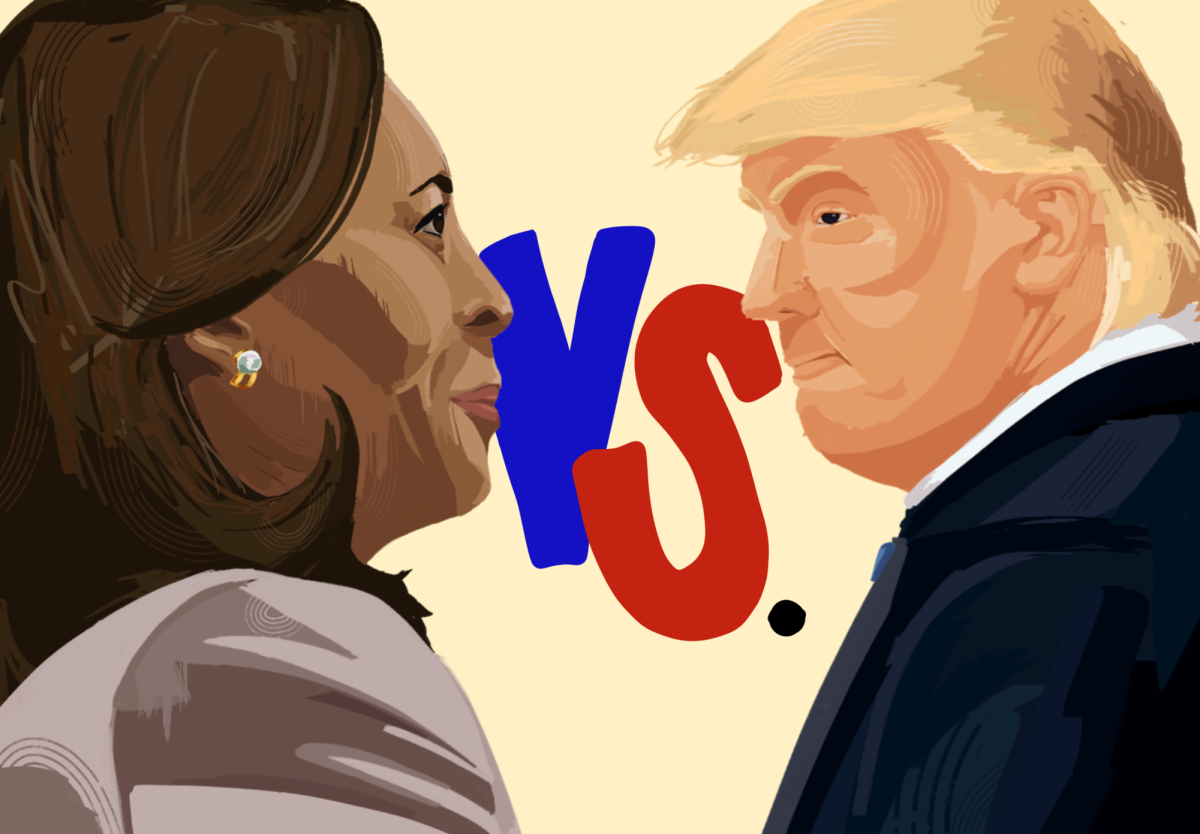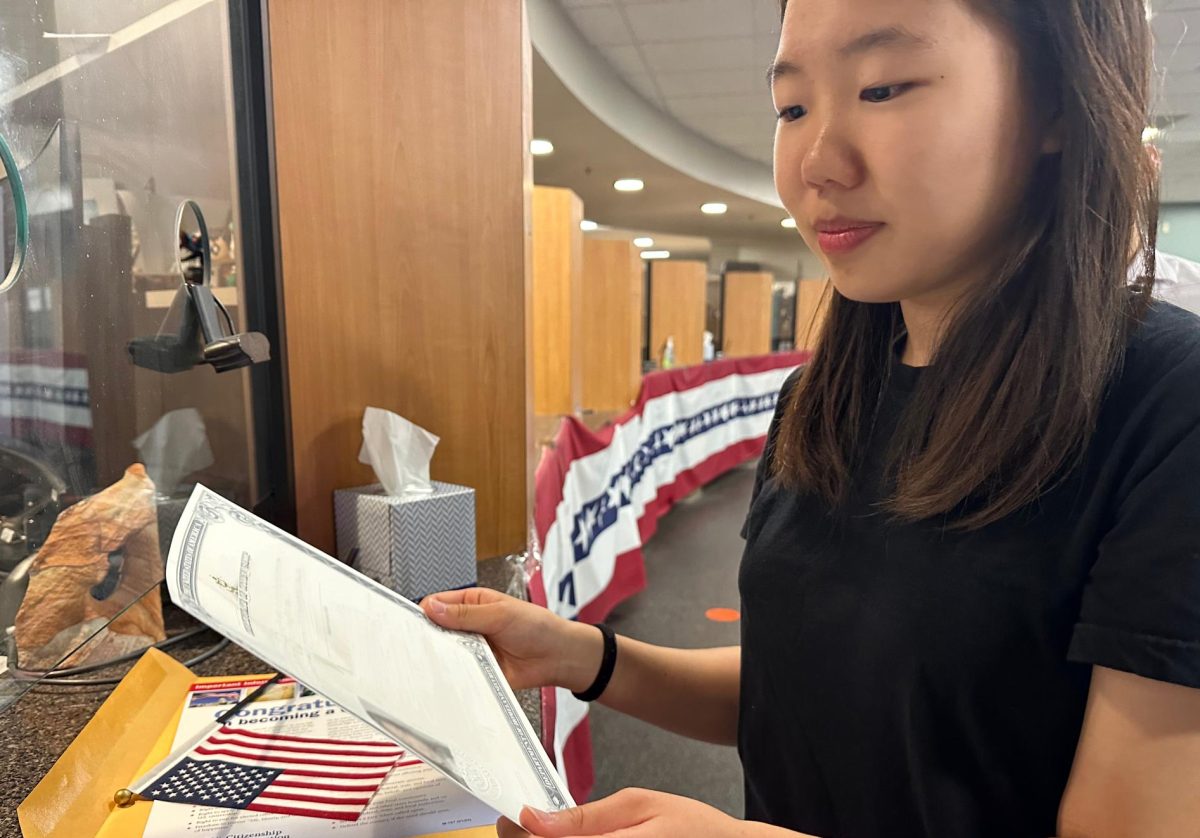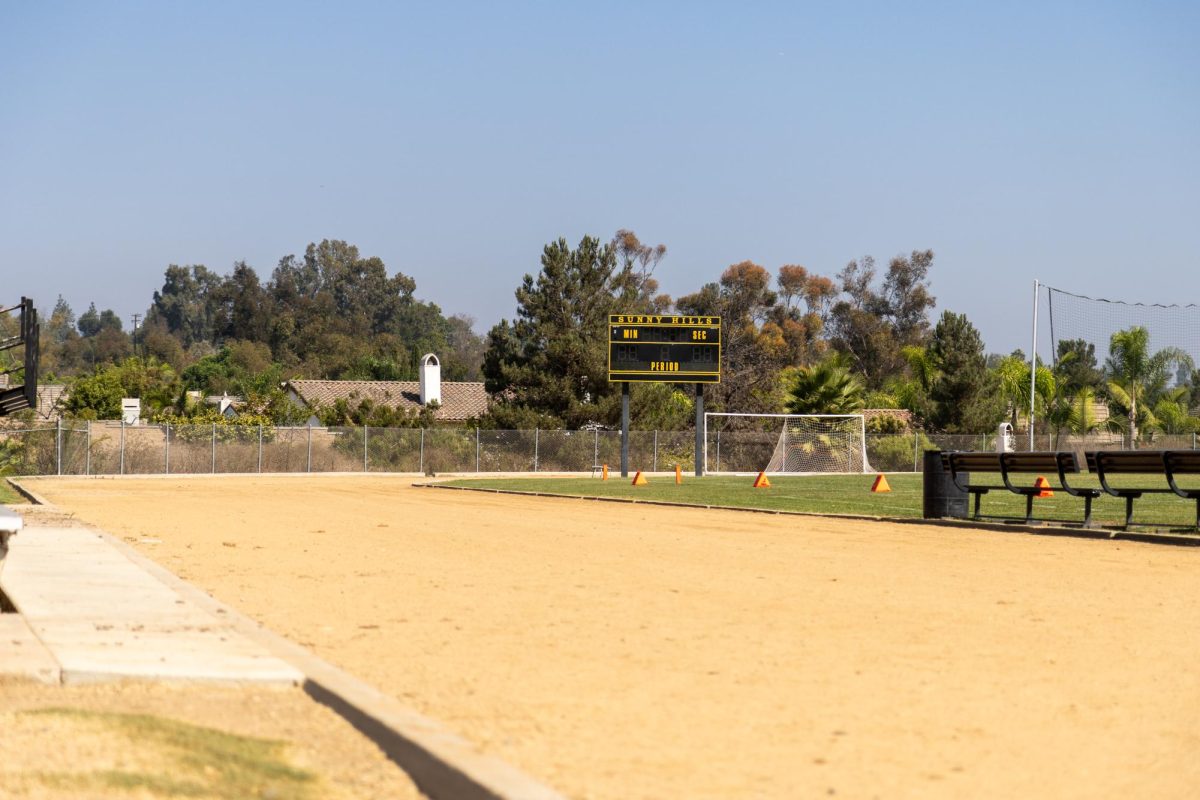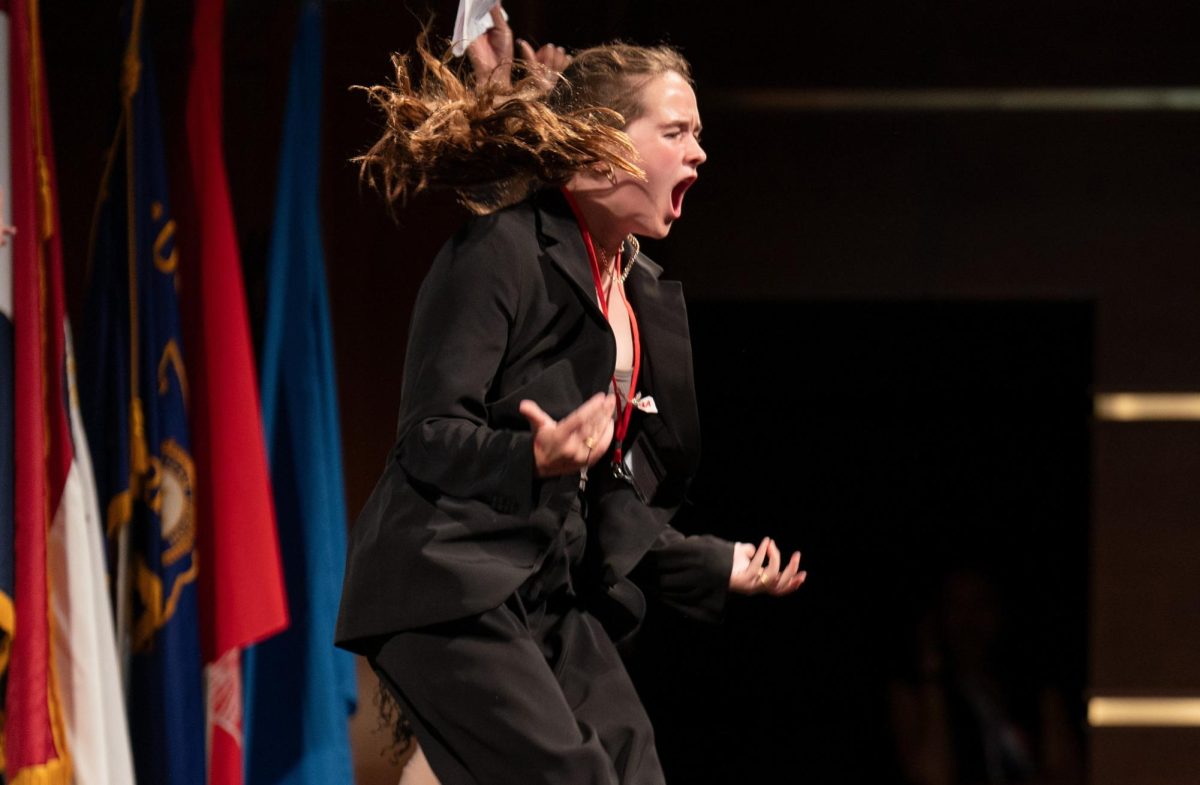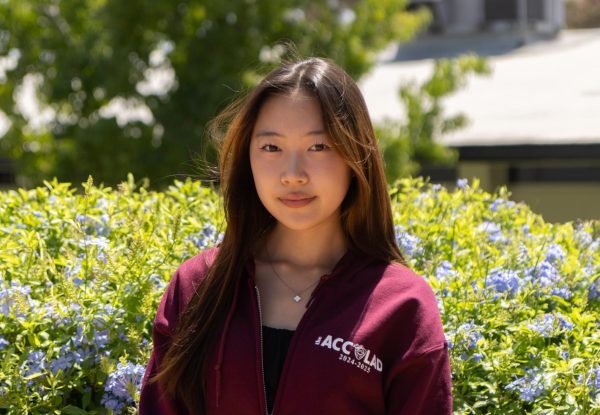The first woman of color to run for president in America. The second president in our nation since Grover Cleveland in 1893 to possibly serve two non-consecutive terms.
No matter who comes out on top in this year’s presidential elections, history will be made one way or another.
Already in the record books when she became the first woman to be elected the country’s vice president in 2020, Kamala Harris became the Democratic presidential nominee on Aug. 5, two weeks after the incumbent, President Joe Biden, dropped out of the race.
The former California attorney general follows Hilary Clinton in seeking to become the first woman in the U.S. to get elected to the executive branch. (Clinton lost in her bid back in 2016.)
On the other side of the ticket is Donald Trump, who since securing the Republican nomination for president on July 15 has endured his own challenges in surviving not one, but two assassination attempts – the first one being on July 13 during a rally held in Butler, Pennsylvania, and the most recent one being on Sept. 15 at a golf course in West Palm Beach, Florida.
If elected the country’s 47th leader of the free world, Trump will make history as well, becoming the first convicted felon to sit in the Oval Office in the White House. (He was found guilty of 34 felonies on May 30 for attempting to illegally falsify business records to cover up a $130,000 payment to an adult film star before the 2016 presidential election, which he won and served his first term.)
Such unprecedented events during this election cycle have also impacted the electorate in California, which has historically favored Democratic candidates in local, state and national races. With 54 electoral votes that the Golden State carries, many eligible voters at Sunny Hills whom the Spotlight team reached out to have either declined to state who they plan to cast their ballots for or have decided to avoid favoring one candidate or the other. For those who were willing to go on the record – including those not eligible to vote because of their age or citizenship status – a majority favored Harris to win.
WHAT THE POLLS SAY
With less than two weeks before Nov. 5 Election Day, a majority of polls conducted by various media outlets project a tight race. Political pundits like Ben Shapiro and Anderson Cooper predict the winner with the most electoral votes – 270 or higher – will have earned the majority of the electorate from battleground states: Arizona, Georgia, Michigan, Nevada, North Carolina, Pennsylvania and Wisconsin.
As of Oct. 13, the CNN Poll of Polls finds 50% of likely voters supporting Harris with 47% supporting Trump, while Fox News finds 48% of likely voters supporting Harris and 50% supporting Trump. Both polls do not provide a margin of error.
While not as scientific as CNN’s or Fox News’, The Accolade also posted its own survey on its online news website starting Sept. 25 and as of Oct. 15, 54 of the 142 who responded predict that Trump will come out on top with Harris only two votes behind.
Interestingly, 26 opted for the choice, “I don’t know because the polls keep showing a tie race,” while the remaining 10 selected the last option: “I don’t care because it doesn’t matter who leads our country.”
Advanced Placement [AP] Physics teacher Chris Peoples said he’s taking a similar approach with the presidential elections.
“I have no confidence in either the Republican or Democratic presidential candidate, so I’m not going to vote for either one of them,” said Peoples, who doesn’t recall who he voted for in the 2020 election but still plans to cast his ballot on other local, state and national races and propositions/measures. “Neither one has earned the right or privilege to my vote.”
However, the science teacher said if he were to make a prediction about the outcome, he’s going with the country having its first female president.
“I don’t know if people really want to deal with that kind of chaos again from the Trump administration,” Peoples said.
Senior Keira Holland agrees with Peoples’ assessment.
“From everything I’ve seen, it’s pretty tight right now, but I think Kamala is pulling ahead just a little bit,” Holland said.
Although she’s not eligible to vote in this election cycle, she said if she could have qualified to cast a ballot, she would lean Democrat, which is what most California voters tend to do.
“I feel like [Harris] has respect for my body and other women’s bodies,” Holland said.
Although like Holland, senior Jeremiah Sung is not old enough to vote, Sung acknowledged he’s more apathetic about the whole process.
“I actually have no preference,” Sung said. “I am not affiliated with any party, so I’m not particularly in desperation of wanting someone to win.”
ELECTORAL COLLEGE DISCUSSION IN U.S. HISTORY CLASSES
Ironically, students in their U.S. History classes have been discussing the Electoral College system after finishing their unit on the American Revolution.
“In APUSH, we’ve been talking about it a little bit, and in the polls, Kamala is slightly in the lead, but when it comes to actual representation in the Electoral College, I think it’s gonna be a toss up,” said junior Aaron Green, referring to the discussion in his zero period AP U.S. History class. “So we won’t really know who’s going to win until the actual day [after all the votes are counted] because it’s so split.”
The discussion started when they were talking about the Constitution and his teacher was going over how the United States government and voting for the president works, Green said.
Junior Evelyn Choi, who also takes APUSH, said she believes the Electoral College system should change.
“I feel that the Electoral College disproportionately represents smaller states,” Choi said. “This could lead to a situation where a candidate wins the presidency without winning the popular vote.”
TEENAGERS’ MOST PRESSING ISSUES
Students expressed concerns that a new leader could lead to increased regulation of cell phones and social media.
“I’m worried that more regulations like the TikTok ban will be placed on social media because I use those apps frequently,” senior Ethan Lee said.
With the presidential election approaching soon, some students are also concerned about what might happen as a result of it.
“I am a bit worried that Trump will win because he seems like a selfish person and has made the relationship between our ‘enemy states’ very thin,” Choi said. “I also feel like there would be more nationwide protests and riots.”





